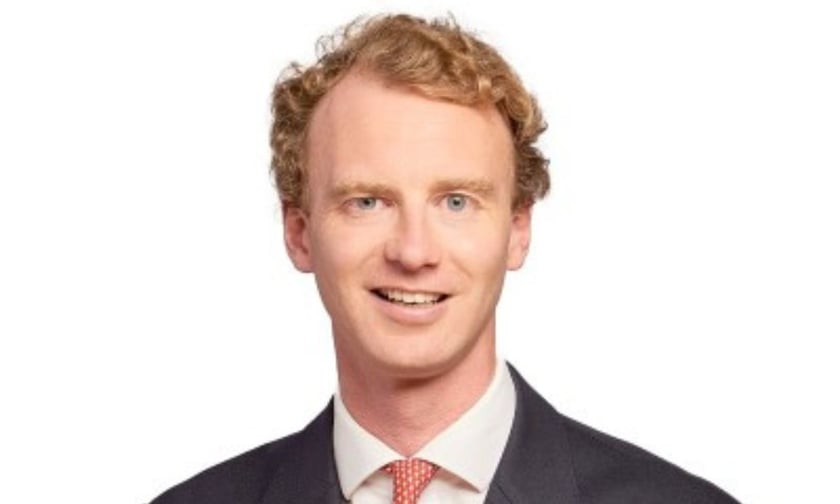

Markel Group is a diverse family of companies headquartered in the United States with a major global presence, including in Australia. The firm’s insurance operation recently opened three offices Down Under.
While Markel’s insurance division has stated a commitment to reducing its environmental impacts and suggests it accepts Environmental, Social and Governance (ESG) requirements, not all companies, some in the US, share that philosophy.
One obstacle to ESG and its capacity to help avert major climate impacts is opposition from numerous US-based companies and state governments pushing anti-ESG laws and lawsuits.
In a statement announcing an ESG investigation last year, Ken Paxton, the Texas attorney general, described ESG as “the latest tool” of “woke corporations” and “a radical and left-leaning social agenda.”
Insurance industry concerns about possible US-based political and legal action, including anti-trust lawsuits against ESG, are behind the collapse of the Net Zero Alliance earlier this year.
In an episode of IB Talk publishing later this week, Insurance Business asked Christian Stobbs (pictured above), Markel’s Singapore-based managing director for Asia-Pacific, how his firm approaches ESG?
The question came as part of an interview focusing on the expansion of Markel’s insurance operation into Australia. Given the opposition to ESG from some US politicians and companies, IB asked Stobbs, as a leader at US global company, how he sees the issue of ESG?
“First and foremost, we may be an American company but we will operate locally wherever we are,” he said. “That means you respect the rules and regulations of each of the jurisdictions you operate in.”
Stobbs said Markel does not set standards at a global level. He also said Markel, as a company, “fundamentally supports” a transition on the ‘E’ component of ESG.
“ESG is a somewhat unhelpful term in that it bands together three slightly separate things, but on the one that’s quite focal for the insurance market right now around the environment, what we have said is that we absolutely want to support a transition,” he said.
Stobbs said one way his firm is doing that is increasing its capabilities in the renewable energy sector.
“The way we’re doing that is not turning the taps off on some of the areas of cover we’re currently providing in insurance but accelerating, like we’re doing in Australia, the build out of our capabilities in areas like renewable energy,” he said.
Stobbs said Markel now has one of the largest global teams providing support to the renewable energy market.
“That’s actually already started providing its capacity in Australia to a number of solar farms and a number of wind farms,” he said.
Stobbs said this support is “very core to what Markel wants to do.”
“We want to be there to support a transition,” he said. “But we will always respect local regulation and requirements around ESG.”
In September, Markel announced it was opening offices for its insurance business in Melbourne, Sydney and Brisbane.
“This is not our first rodeo in liability insurance,” said Stobbs. “We are a massive player in [liability insurance] in the US, but also in Europe and increasingly in Asia as well.”
He estimated that the public liability market has grown by about 50% over the last four or five years and the professional indemnity market has doubled, figures broadly supported by Australian Prudential Regulation Authority (APRA) data.
In an interview earlier this year, IB discussed the ESG issue with Nick Cook, CEO of the global brokerage BMS Group.
“Our job is to support our clients’ transition and that’s what we’re doing,” he said.
IB asked Cook what his firm has managed to achieve with clients in the ESG space? IB suggested that it must be tough having these conversations with mining companies?
“I took a decision where I felt, because of the blend of our portfolio where we handle a lot of energy and mining risks - and a lot of those mining risks are here in Australia - that we needed to lead from the front,” said Cook.
He said the “only way” to do that in the insurance market and across financial services is “to get our own house in order first.” Over the last 12 to 18 months, he said, that’s what BMS, has been doing.
The full IB Talk interview with Markel’s Christian Stobbs will publish soon.
How are you and your clients adapting to ESG requirements? Please tell us below
